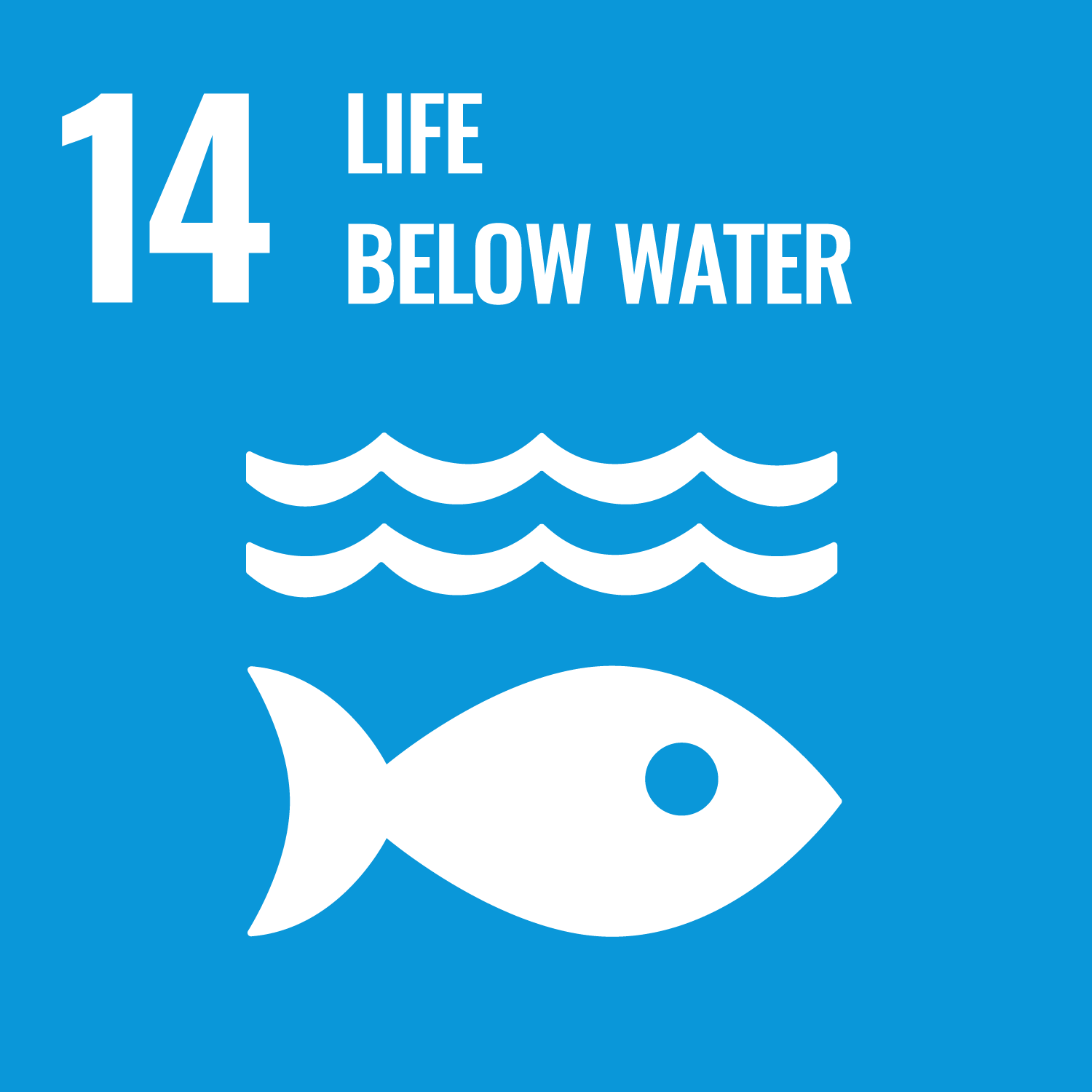Conservation and sustainable utilisation of the oceans (events). Support or organise events aimed to promote conservation and sustainable utilisation of the oceans, seas, lakes, rivers and marine resources.
UniSC is involved in numerous events that promote conservation and sustainable utilisation of the ocean, seas, lakes, rivers and marine resources. UniSC led a hands on workshop with the community to promote the Coast4D project. UniSC creates unique opportunities for the community to be involved in Citizen Science projects like Seaweed Restoration Day. We’re assembling a seaweed squad to help us restore lost underwater forests back to the iconic Sunshine Coasts oceans.
Coast4d – A next-generation citizen science coastal monitoring program. Using citizen science and artificial intelligence we are making precise 3D models of the beach to better understand and plan for erosion and changes to the beach aquatic ecosystem, dune vegetation and turtle nesting:
- Does beach width/slope affect turtle nesting selection/success?
- Is beach erosion accelerating?
- What type of dune vegetation better mitigates erosion?
Adapting to climate change - Our global climate has already changed. Warming keeps increasing at unprecedented rates. Future projections forecast that ecosystems and societies across Australia will be significantly affected by impacts such as accelerating sea-level rise and extreme storms.
Understanding complex coastal processes and interactions between land, sea and human communities is of primary concern. We need to learn more and fill the gaps in our understanding of coastal process in this changing climate context.
Improved data for better outcomes - Our research directly addresses the lack of data and improves coastal monitoring to facilitate coastal adaptation to climate change and build resilience against coastal hazards. We regularly hold workshops with the community to inform them on how to get involved and the latest updates on the project.
Seaweed Restoration Day, 21 October 2023 – There has been a significant loss of seaweed in the reefs off the Sunshine Coast since the 1980s. Doctor Alexandra Campbell, a senior bioscience lecturer at the University of the Sunshine Coast, advised that the decline of these reefs is likely linked to urbanisation and ocean warming. This is bad news for anyone who enjoys the ocean and the benefits it provides. If seaweed forests disappear, all the critters that depend on them will vanish too. This has prompted action to rejuvenate the reefs. A team of UniSC researchers and citizen scientists are working to restore subtropical seaweed forests in the region.
UniSC partners with the Fraser Coast Tourism and Events to present the annual “Hervey Bay Whale Festival”. A 10-day tourism event promoting the conservation of the region’s rich and diverse marine environment and wildlife including sustainable utilisation of the ocean.Each year from July to October thousands of humpbacks journey into Hervey Bay’s sheltered waters where they stop and play for up to two weeks at a time, taking a well- earned break on their southern migration. Many UniSC staff and students are involved in the annual program and event logistics.
UniSC engages in a range of events in all formats including broadcasting from under the sea. In 2023, for International Day for Biosphere Reserves, Dr Leah Barclay made underwater sound accessible to the wider community allowing people to better connect to the marine environment. The community event was accessed via a live stream of a hydrophone, which allows for real-time submersion into ocean sounds for the first time in Australia from a reef.
UniSC’s Australian Centre for Pacific Islands Research holds educational workshops that are open to the local and national communities and cover topics that cover conservation and sustainable utilisation of the oceans, seas, lakes, rivers and marine resources.
UniSC partners with the Australian Geographic Society to host Citizen Science Expeditions. Dr Asia Haines is part of the Project Manta team managing the East Coast sighting database and leading research field trips to Lady Elliot Island. The Citizen Science Expeditions will focus on manta ray ecology and conservation whilst exploring the island's re-vegetation program and its impact on the surrounding reef ecosystem and coral health.
Summary
UniSC is committed to supporting and organising events aimed to promote conservation and sustainable utilisation of the oceans, seas, lakes, rivers and marine resources.
More information
- Coast4d
- Citizen scientists to create 4D beach database
- Planting underwater forests on the Sunshine Coast
- Seaweed Research Group
- Seaweed Restoration Day
- Undersea soundscapes broadcast to celebrate Biosphere Reserves
- Australian Centre for Pacific Islands Research - Events
- Hervey Bay Whale Festival 2023

